
There have long been stories that address the ‘what if’ question regarding various aspects of human history. What if the German Nazis had won World War II? What if Charles Babbage had gone further with his Difference Engine, thus pushing Britain through a more technologically advanced Victorian Era? What if slavery had never been abolished? Crafting alternate pasts is but one subsection of the greater speculative fiction genre. It is also an incredibly creative process to imagine what an entire world would have been like, had certain events occurred differently or not at all.
It’s one thing to change snippets of history to better fit a true story into its compressed silver screen format, like tweaking a character’s timeline or the order of events in a biopic, for example. Such modifications have led critics to accuse many films of historical inaccuracies. Some of cinema’s worst offenders on that topic include ‘Alexander’ (2004), directed by Oliver Stone and starring Colin Farrell and Angelina Jolie, ‘Argo’ (2012), directed by and starring Ben Affleck, and ‘Marie Antoinette’ (2006), directed by Sofia Coppola and starring Kirsten Dunst.
But it’s a whole other thing to change history altogether and envision a world that basically exists theoretically in a parallel universe. Alternate history is a gargantuan challenge, and few writers and screenwriters have successfully taken it on.
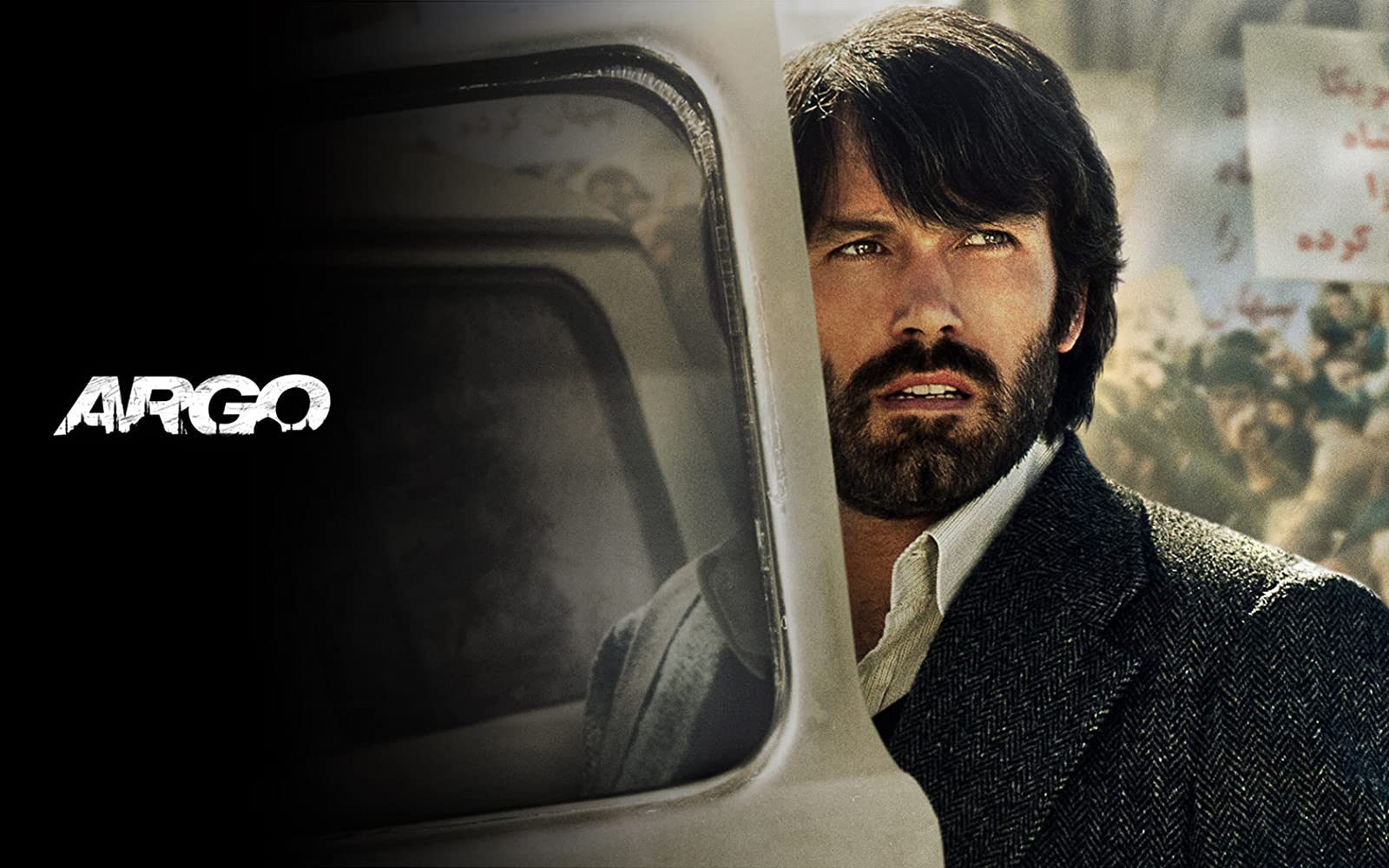 ‘ARGO’ (2012)
‘ARGO’ (2012)
In Literature
A champion of the subgenre is Philip K. Dick, one of the fathers of modern science fiction. ‘The Man in the High Castle’ imagines a different political map, one where the Second World War was won by the Germans and the Japanese. There have been other stories addressing a similar topic, such as Robert Harris’s ‘Fatherland’, but Mr Dick’s novel—a winner of the Hugo Award, does a phenomenal job of envisioning the struggles of an America split in half. The east belongs to the Reich, while the west is owned by the Empire of the Sun. The plot catches fire when proof emerges of a parallel world where the Allies won the war, instead of the Axis. We’ll meet ‘The Man in the High Castle’ again, later on.
Michael Chabon published ‘The Yiddish Policemen’s Union’ in 2007. During World War II, the temporary settlement for Jewish refugees fleeing Nazi persecution was established in Sitka, Alaska, in 1941, followed by the destruction of Israel’s fledgling state in 1948. The novel works as a detective story in present day, imagining a world where Sitka is a large, Yiddish-speaking metropolis. It won a slew of literary awards, including the Nebula, Locus and Hugo for its exceptional writing and daring creativity.
My third favourite novel of the subgenre was written by Ben H. Winters, titled ‘Underground Airlines’. It was published in 2016, and it presents an America where the Civil War never happened because Abraham Lincoln was assassinated prior to his 1861 inauguration. A version of the Crittenden Compromise passed, instead, leaving slavery legal in the so-called ‘Hard Four’ (Alabama, Louisiana, Mississippi, and a unified Carolina). The novel’s name is a nod to the Underground Railroad, a system used by freed and runaway slaves to escape the southern persecution—Harriet Tubman was one of its most proficient agents. ‘Underground Airlines’ does a phenomenal job of exploring racism through this alternate history mechanism, and I’m hoping to see a televised adaptation soon enough, since there have been reports of Mr Winters penning a pilot screenplay.
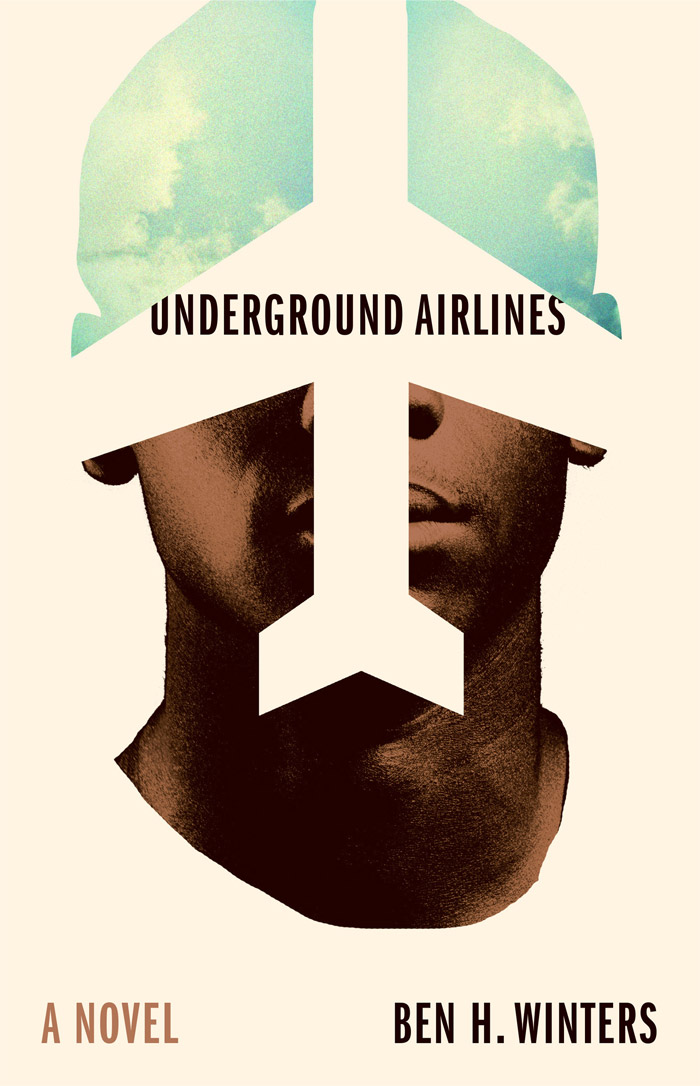 ‘UNDERGROUND AIRLINES’ BY BEN H. WINTERS, ©MULHOLLAND/HACHETTE
‘UNDERGROUND AIRLINES’ BY BEN H. WINTERS, ©MULHOLLAND/HACHETTE
On the Screen
Speaking of adaptations, and Philip K. Dick, in particular, ‘The Man in the High Castle’ (2015-2019) is one of the best series to come out of Amazon Studios. Created by Frank Spotnitz of ‘The X-Files’ (1998) and ‘Medici’ (2016-2018) fame, the dystopian drama features stellar performances from Alexa Davalos, Joel de la Fuente, Rufus Sewell, Cary-Hiroyuki Tagawa and Chelah Horsdal. It explores Mr Dick’s revised reality and a broken, trampled America where hope emerges in the form of a reel presenting a different ending to the Second World War.
It garnered plenty of applause, along with two Primetime Emmy Awards for Outstanding Cinematography for a Single-Camera Series and Outstanding Main Title Design, hitting the Prime Video streaming service in an era where the rise of nationalism and white supremacy were clogging news chyrons across the world. ‘The Man in the High Castle’ is as relevant today, in its televised form, as it was back in 1962, when its source material was first published.
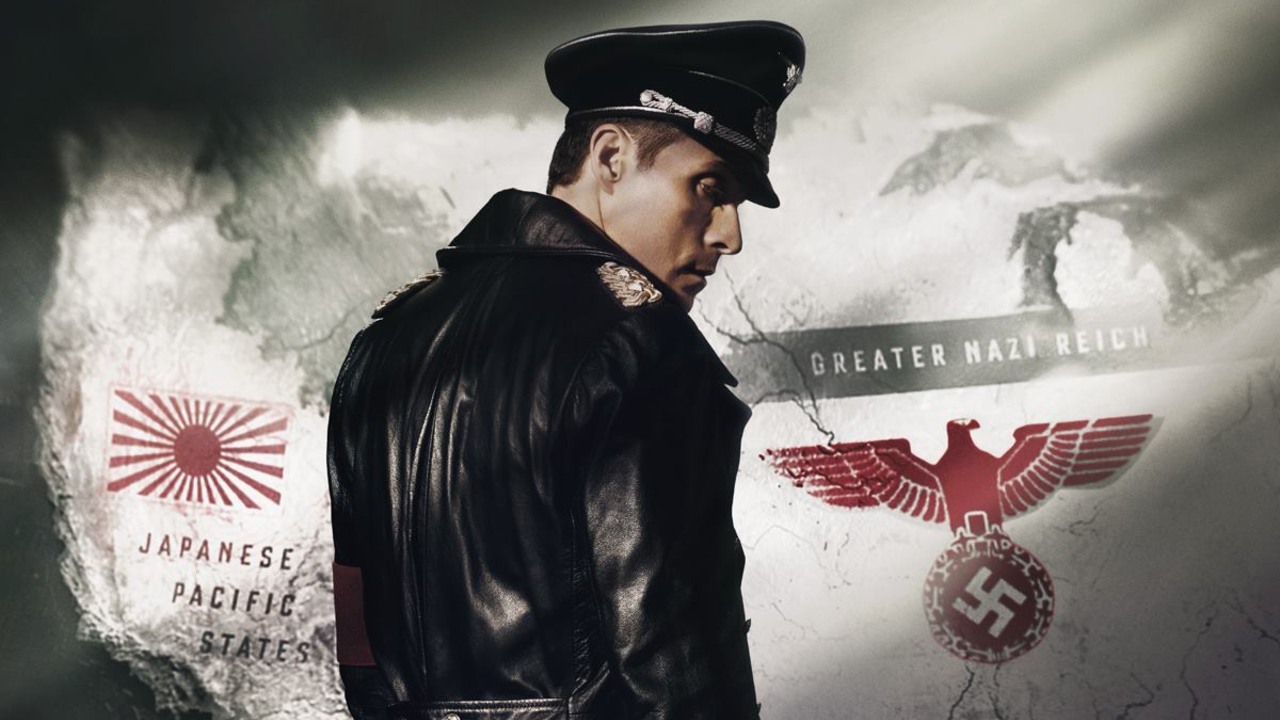 ‘THE MAN IN THE HIGH CASTLE’ (2015-2019), ©AMAZON STUDIOS
‘THE MAN IN THE HIGH CASTLE’ (2015-2019), ©AMAZON STUDIOS
The alternate history subgenre has done exquisitely well without source material, too. Quentin Tarantino has given us two brazen movies exploring different realities. The first, ‘Inglourious Basterds’ (2009), follows a group of Jewish U.S. soldiers in Nazi-occupied France during WWII as they collide with a theatre owner in a bid to accomplish the same thing: the assassination of Hitler.
Sprinkled with plenty of ‘Tarantinian’ humour and the sharp thespian talents of Brad Pitt, Christoph Waltz, Diane Kruger and Eli Roth, the film went on to collect an Academy Award for Best Performance by an Actor in a Supporting Role, given to the aforementioned Mr Waltz. ‘Inglourious Basterds’ has plenty of the acclaimed director’s signature violence, as well, but its absurd hilarity and revenge movie vibe are what truly set it apart from other ‘revisionist’ endeavours. Plus, Hitler dies in this one, thus suggesting a different outcome for that war.
The second, ‘Once Upon a Time… in Hollywood’ (2019), bends time as it retells the Manson family murders of Sharon Tate and company. The gruesome events are not the backbone of the story, however, though the Manson family narrative is weaved through the movie—Spahn Ranch, Tex Watson, and ‘Charlie’ Manson, along with the presence of Margot Robbie’s Sharon Tate. The film focuses more on Brad Pitt and Leonardo DiCaprio’s characters, and it finally got Mr Pitt a much-deserved Oscar this year.
Mr Tarantino’s filmmaking bravura is crazy, to say the least, but it delivers bold, beautiful and brutal cinema. By most standards, ‘Once Upon a Time… in Hollywood’ is his best since ‘Kill Bill: Vol. 1’ (2003), and beyond his touches of banter and constant movie references, it’s easy to see the craft that’s at play here.
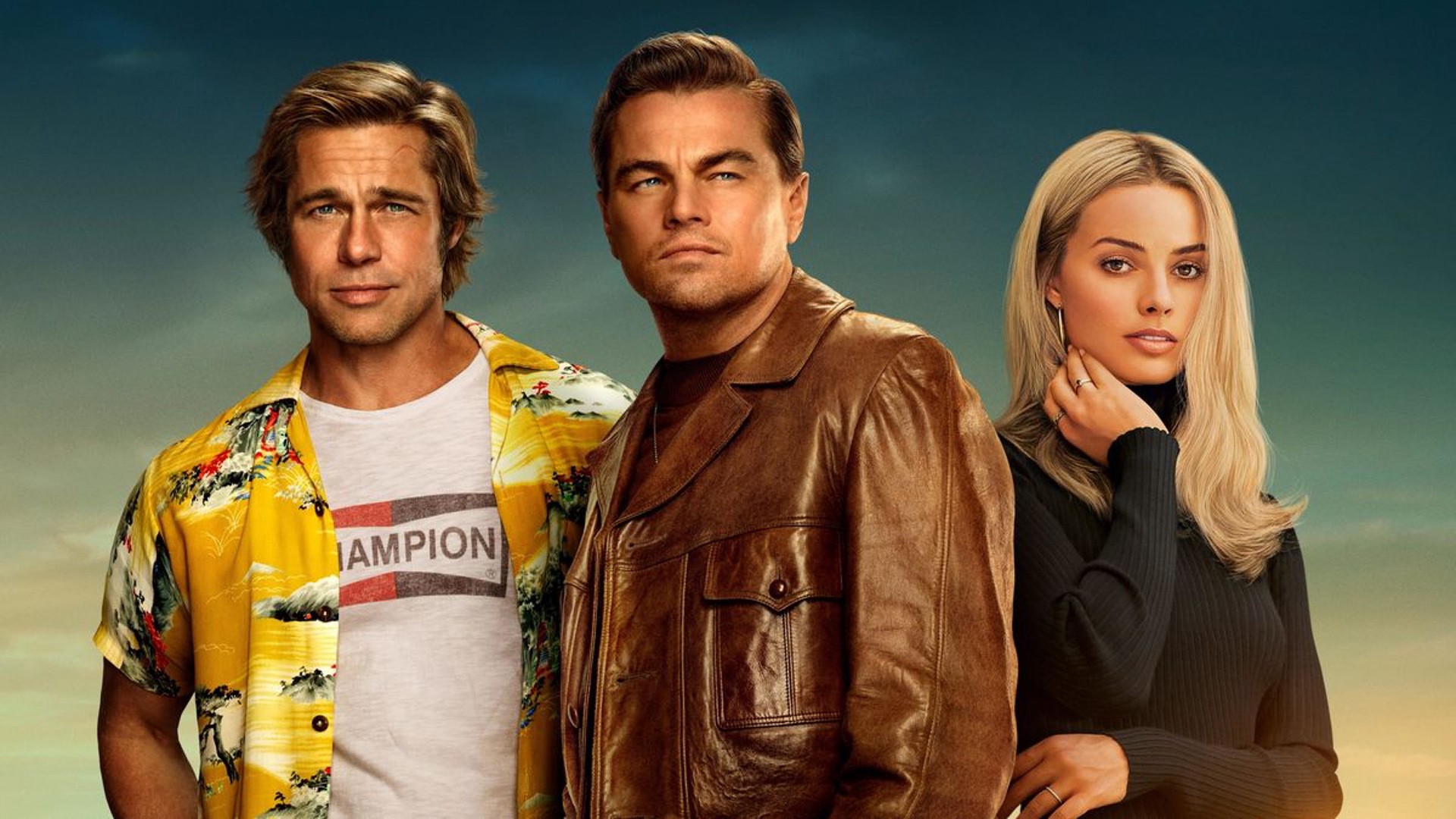 ‘ONCE UPON A TIME… IN HOLLYWOOD’ (2019), ©COLUMBIA PICTURES
‘ONCE UPON A TIME… IN HOLLYWOOD’ (2019), ©COLUMBIA PICTURES
‘C.S.A.: The Confederate States of America’ (2004) is a lesser known but critically acclaimed work of alternate history fiction written and directed by Kevin Willmott of ‘BlacKkKlansman’ (2018) renown. The film takes a satirical and humorous nuance through the lens of a British ‘mockumentary’, though it frequently presents us with downright frightening tones as it peruses the history of an America where the South won the Civil War.
This wasn’t Willmott’s only foray into the ‘what if’ explorations concerning the fate of African Americans. His comedy feature ‘Destination Planet Negro’ (2013), where African American leaders respond to Jim Crow segregation by building a rocket to colonize Mars in 1939, didn’t receive the same level of praise as ‘C.S.A.: The Confederate States of America’, however. The latter succeeds in recreating the documentary style of Ken Burns while dispensing a most ambitious second reality—one which could’ve easily come to pass, had the Confederate South prevailed against the North.
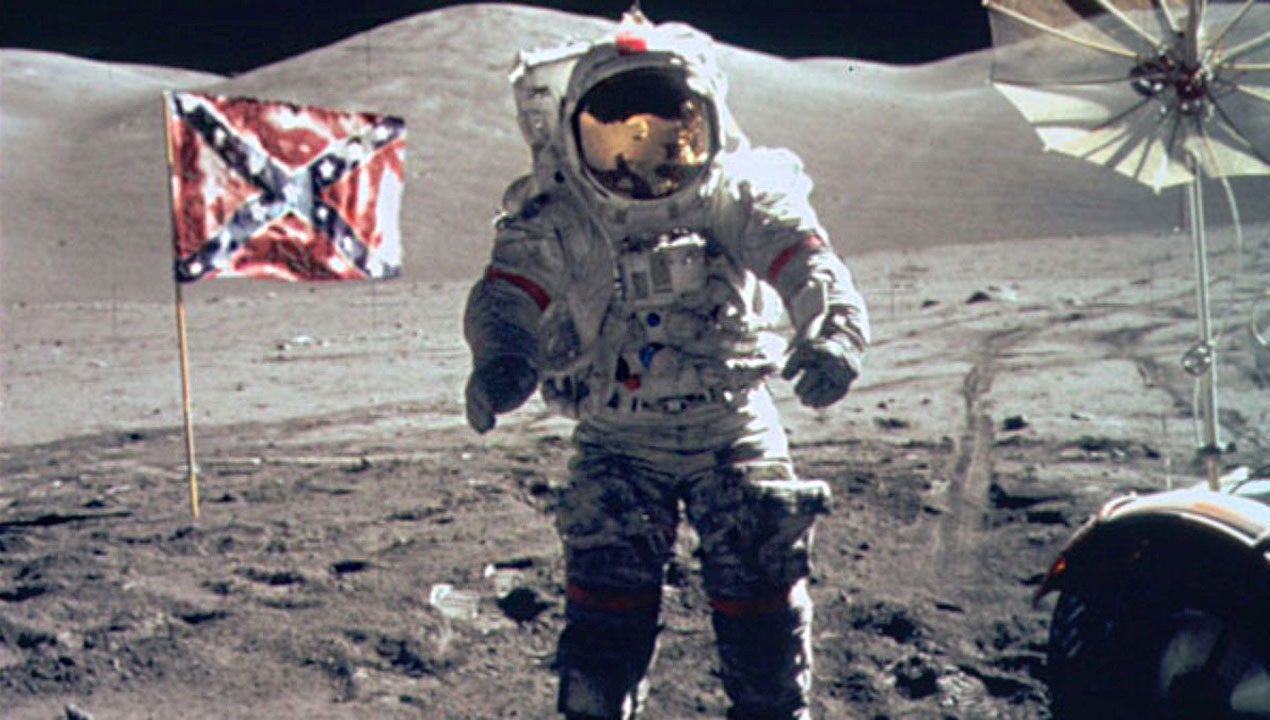 ‘C.S.A.: THE CONFEDERATE STATES OF AMERICA’ (2004), ©HODCARRIER FILMS
‘C.S.A.: THE CONFEDERATE STATES OF AMERICA’ (2004), ©HODCARRIER FILMS
‘Swing Vote’ (1999), directed by David Anspaugh, gives us a world where Roe v. Wade was overturned by the Supreme Court. The State of Alabama has subsequently charged a woman with first degree murder for having an abortion. Andy Garcia’s Joseph Kirkland has just been appointed as a Supreme Court Justice, and he’s faced with an emotional issue, since he is basically the swing vote that could get Lisa Gay Hamilton’s Virginia Mapes convicted for murder.
The straight-to-TV film wasn’t as spectacular or as complex as other titles discussed above, but it does approach a topic that is important to most women today. Once again, considering the current social and political climate, it’s hard not to fearfully wonder what America would be like with the destruction of such crucial rights.
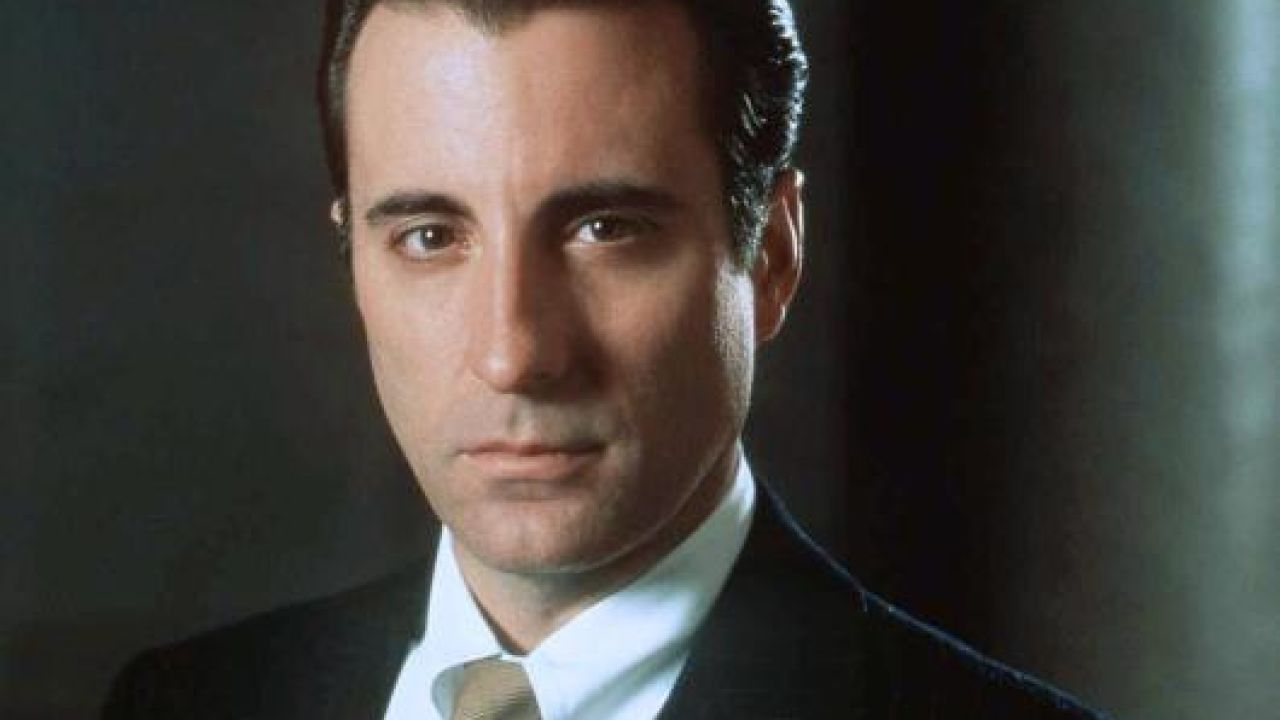 ‘SWING VOTE’ (1999), ©COLUMBIA TRISTAR TELEVISION
‘SWING VOTE’ (1999), ©COLUMBIA TRISTAR TELEVISION
Honourable mentions include ‘SS-GB’ (2017), the BBC television drama that follows a British homicide detective as he investigates a murder in German-occupied England—yet another speculation of the Second World War where the Third Reich claimed a crushing victory. ‘Red Dawn’ (1984) has Patrick Swayze and Charlie Sheen involved in a scenario at the dawn of World War III, when Soviet forces invade mid-Western America. Brian Flemming’s ‘Nothing So Strange’ (2002) mockumentary examines the 2nd December 1999 assassination of Bill Gates, Microsoft CEO.
Truth be told, there are numerous pivotal points in our history where things could have gone the other way. It is our job as writers to continue imagining what such worlds would look like, not only for the purpose of creating extraordinary speculative fiction, but also to remind viewers of how important learning from our past truly is.
Jules R. Simion
Jules is a writer, screenwriter, and lover of all things cinematic. She has spent most of her adult life crafting stories and watching films, both feature-length and shorts. Jules enjoys peeling away at the layers of each production, from screenplay to post-production, in order to reveal what truly makes the story work.
An Interview with Anna Drubich
Anna Drubich is a Russian-born composer of both concert and film music, and has studied across…
A Conversation with Adam Janota Bzowski
Adam Janota Bzowski is a London-based composer and sound designer who has been working in film and…
Interview: Rebekka Karijord on the Process of Scoring Songs of Earth
Songs of Earth is Margreth Olin’s critically acclaimed nature documentary which is both an intimate…
Don't miss out
Cinematic stories delivered straight to your inbox.
Ridiculously Effective PR & Marketing
Wolkh is a full-service creative agency specialising in PR, Marketing and Branding for Film, TV, Interactive Entertainment and Performing Arts.


